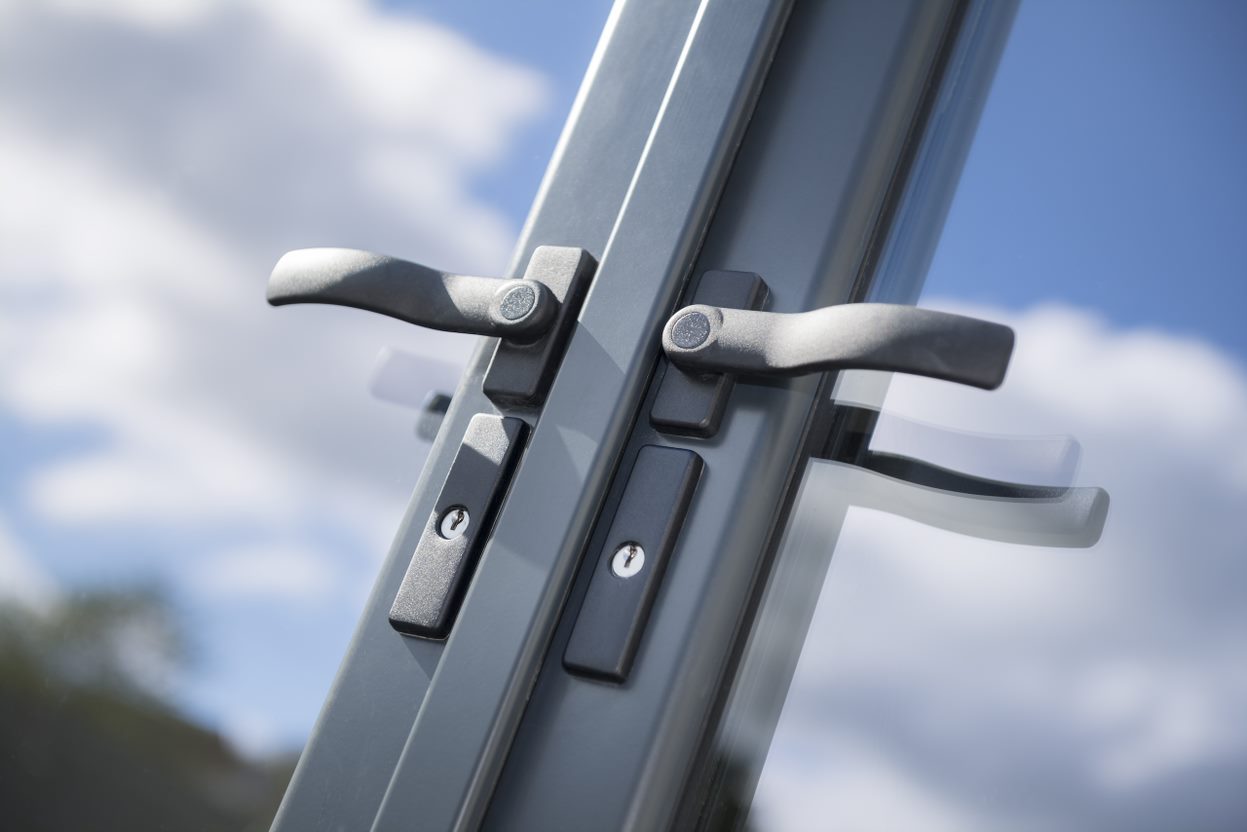
3
JuliDoor Hardware Repair Tips From The Most Successful In The Business

Door Hardware Repair: A Comprehensive Guide
Door Handle Technician Near Me hardware plays an important function in the overall functionality and security of residential and commercial residential or commercial properties. Whether it's a simple doorknob, a deadbolt, or a complete locking system, the hardware that protects our doors is frequently taken for granted-- until it malfunctions. Understanding the common issues, repair approaches, and maintenance tips for door hardware can save property owners substantial time and cost. This article intends to provide an informative introduction of door hardware repair, helping readers demystify the procedure and empower them to carry out easy repairs themselves.
Understanding Door Hardware
Door hardware includes numerous components consisting of knobs, handles, locks, latches, hinges, and strike plates. The performance of these components is important; they need to work harmoniously to ensure the door operates efficiently and securely. Problems with door hardware may lead to trouble in opening or closing doors, security vulnerabilities, or unforeseen repair expenses.
Common Issues with Door Hardware
Sticky or Stuck Door Handles: This frequently takes place due to misalignment, dirt buildup, or damaged parts within the handle mechanism.
Run-down Locks: Over time, locks might accumulate wear and tear from day-to-day usage, causing trouble in locking or unlocking doors.
Loose Hinges: Loose hinges can cause doors to droop or not close correctly, leading to alignment issues.
Broken Strike Plates: Scratches, dents, or breaks to the strike plate can avoid the lock from engaging.
Squeaky Hinges: Hinges may need lubrication for smooth operation, and failure to maintain them can result in bothersome squeaking sounds.
Tools and Materials Needed for Door Hardware Repair
Before embarking on the journey of repairing door hardware, it is suggested to gather common tools and materials. Here is a fundamental list:
- Screwdrivers (Phillips and flat-head)
- Lubricant (WD-40 or silicone spray)
- Replacement hardware (locks, knobs, hinges, etc)
- Pliers
- Allen wrench (if relevant)
- Cleaning cloths
- Wood glue (for loose knobs or handles)
- Drill (if brand-new holes need to be made)
Step-by-Step Guide to Common Door Hardware Repairs
Here are practical approaches to some common door hardware repairs:
Repairing Sticky or Stuck Door Handles
- Eliminate the Handle: Use a screwdriver to detach the handle from the door.
- Tidy and Inspect: Wipe the handle and its mechanism with a clean fabric to eliminate dirt. Check for any broken parts.
- Straighten: If the handle is misaligned, guarantee it fits appropriately with its mounting plate.
- Reassemble: Reattach the handle and check its functionality.
Fixing Worn-out Locks
- Remove the Lock Cylinder: Detach the lock from the door using a screwdriver.
- Check the Mechanism: Look for worn parts and replace them if essential.
- Lubricate: Apply lube to ensure smooth operation.
- Reassemble: Put the lock back together and re-install it.
Tightening Up Loose Hinges
- Examine Screws: Examine the screws in the hinge. Tighten up any that are loose with a screwdriver.
- Change Damaged Hinges: If a hinge is removed or damaged, remove it and replace it with a brand-new one.
- Look for Alignment: Ensure the door is aligned appropriately after modifications.
Fixing Broken Strike Plates
- Eliminate Old Strike Plate: Unscrew the existing strike plate from the door frame.
- Install New Strike Plate: Align the brand-new plate with existing holes and secure it.
- Test the Lock: After installation, inspect the locking mechanism to ensure it works efficiently.
Handling Squeaky Hinges
- Lube: Apply a lube to the hinge pins. For excessive accumulation, you may need to get rid of the hinge and tidy it completely.
- Test Movement: Open and close the door to evaluate for squeaks. Repeat lubrication if needed.
Routine Maintenance Tips for Door Hardware
Proper maintenance is essential for extending the life of door hardware. Here are some useful tips:
Regular Lubrication: Depending on use, oil hinges and locks a minimum of every six months.
Cleaning: Wipe down door handles and knobs regularly to keep them without grime and dust.
Tightening Screws: Periodically check and tighten screws on door hardware to prevent wear and misalignment.
Assessment: Perform a regular inspection of doors and associated hardware for any indications of damage or wear, addressing issues before they end up being considerable problems.
Weatherproofing: Apply weatherstripping or caulking around doors to prevent wetness damage and boost energy performance.
Frequently Asked Questions About Door Hardware Repair
Q: How do I understand if I need to change or simply repair my door hardware?A: If the hardware is visibly damaged, substantially worn, or if repairs do not bring back functionality, replacement may be needed.
Q: Can I repair door hardware myself?A: Many small repairs can be carried out by homeowners with basic tools and abilities. Nevertheless, for complicated issues or locks requiring innovative security features, a professional may be called for. Q: How frequently should I oil my door hardware?A: A great general rule is to oil hinges and locks every 6 months, or more frequently in high-use situations. Q: What ought to I do if my door will not lock properly?A: First, examine the lock and strike plate for alignment issues. If problems continue, lubricate the lock and consider the possibility of a breakdown needing replacement. Door hardware repair is an important ability for homeowners and home managers, supplying them with the resources to preserve security and functionality in their areas. By acknowledging common issues, using simple repair methods, and practicing routine maintenance, individuals can reduce their reliance on specialists and conserve cash in the long run. Whether it's a stubborn handle or a damaged lock, being notified and proactive is essential to keeping doors operating smoothly and securely. With this guide, readers now have the understanding to attend to many door hardware issues with confidence.

Reviews